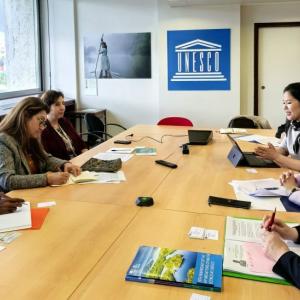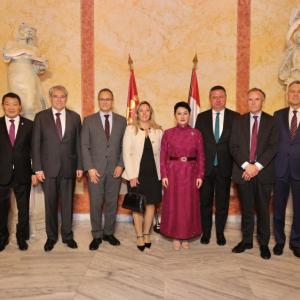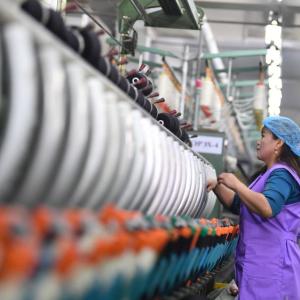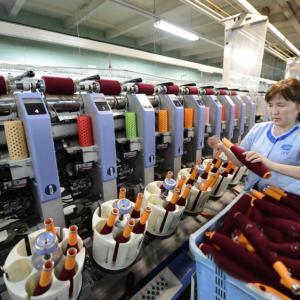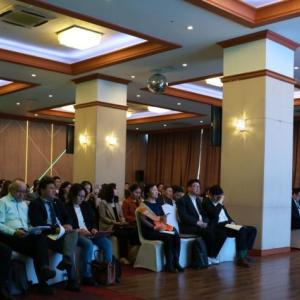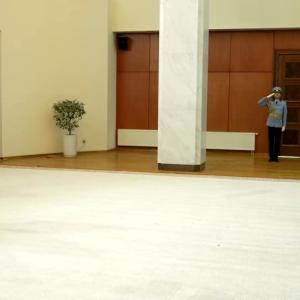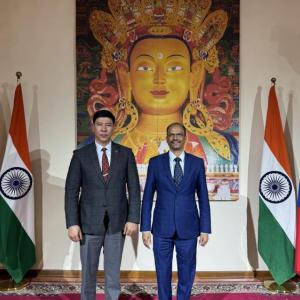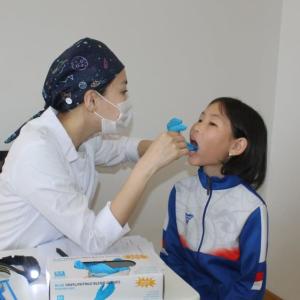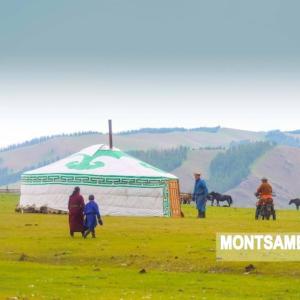“Closing immunization gap is possible”
SocietyUlaanbaatar /MONTSAME/ World Immunization Week is a global public health campaign that raises an awareness and increases rates of immunization against vaccine-preventable diseases around the world. It takes place each year during the last week of April.
Immunization prevents illness, disability and death from vaccine-preventable diseases like measles, polio, tetanus and pneumonia. Immunization currently averts an estimated 2 to 3 million deaths worldwide every year. However, an estimated 18.7 million infants worldwide are still missing out on basic vaccines. Worldwide almost a third of deaths of all children under-5 caused by diseases that can be prevented by vaccines. In other words, a child dies every 20 seconds from a vaccine-preventable disease.
Mongolia has a high immunization coverage rate of over 95 percent. History of immunization activities in Mongolia dates back to 17th century. With the introduction of European medicine, a disease specific immunization responses were taken in 1930s such as vaccine against smallpox. National Immunization Programme was successfully implemented in 1960s, and the Expanded Programme on Immunization (EPI) was established in 1990s.
Mongolia’s traditional medicine with rich history of immunization related activity, leadership and support by the government have laid the groundwork for today’s achievement including a strong immunization Law and EPI programme. In addition, Mongolia eradicated polio in 2000. Newborn tetanus was not registered since 1992.
In Mongolia, UNICEF joined to support National EPI programme since the early 1990s. UNICEF’s main area of support for immunization was building and strengthening cold chain, reaching the most unreached, advocating for budget allocation for immunization, capacity building for grass root health workers and communication activities.
Starting in 2000, UNICEF has supported the Ministry of Health to procure vaccines at the affordable cost with predictable timeline and assured safety. Through Reaching Every District Strategy (REDS), UNICEF helps ensure that every child receives essential vaccines. A two-year old Bulgan-Erdene is one of them who is healthy and protected from diseases thanks to routine immunization.

UNICEF also supports not only routine immunization programme but also provides support for supplementary immunization campaigns during outbreaks. For 2015 measles outbreak, UNICEF Mongolia supported the Government by supplying vaccines and Vitamin A. Furthermore, UNICEF supported management of information and communication activities and dissemination of preventive messages among general public. The supplementary immunization campaign in May 2015 reached 94 per cent coverage, protecting 347,685 children aged 6 months to 5 years from measles.
However, a work still needs in immunization programme. Vaccine hesitancy has been increasing among the general public under the influence from foreign vaccine hesitant groups and information on social media and internet. UNICEF will support the government to address this issue in an effective manner.
Budget allocation in delivering timely outreach services to remote areas and new vaccine introduction are key areas that needs further improvement. Continuous strengthening of routine immunization service should be done with focus on disadvantaged children, especially those living in remote areas.
With the past twenty years’ achievement in hand, closing immunization gap in Mongolia is possible, writes Surenchimeg Vanchinkhuu, the Health Specialist at UNICEF in Mongolia.

 Ulaanbaatar
Ulaanbaatar

